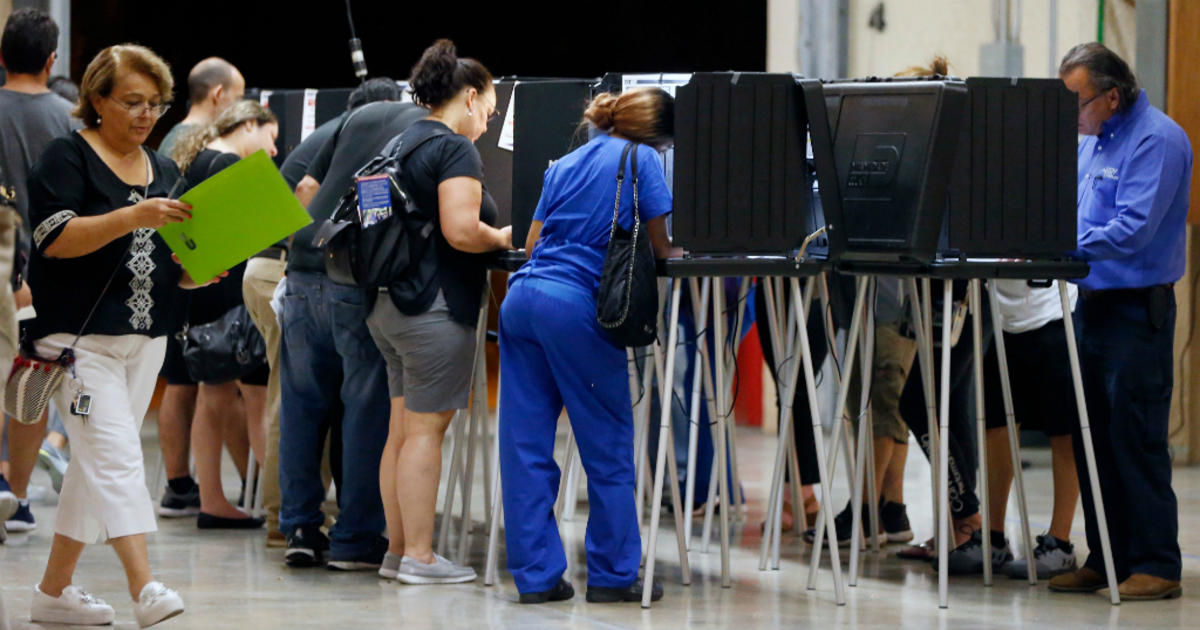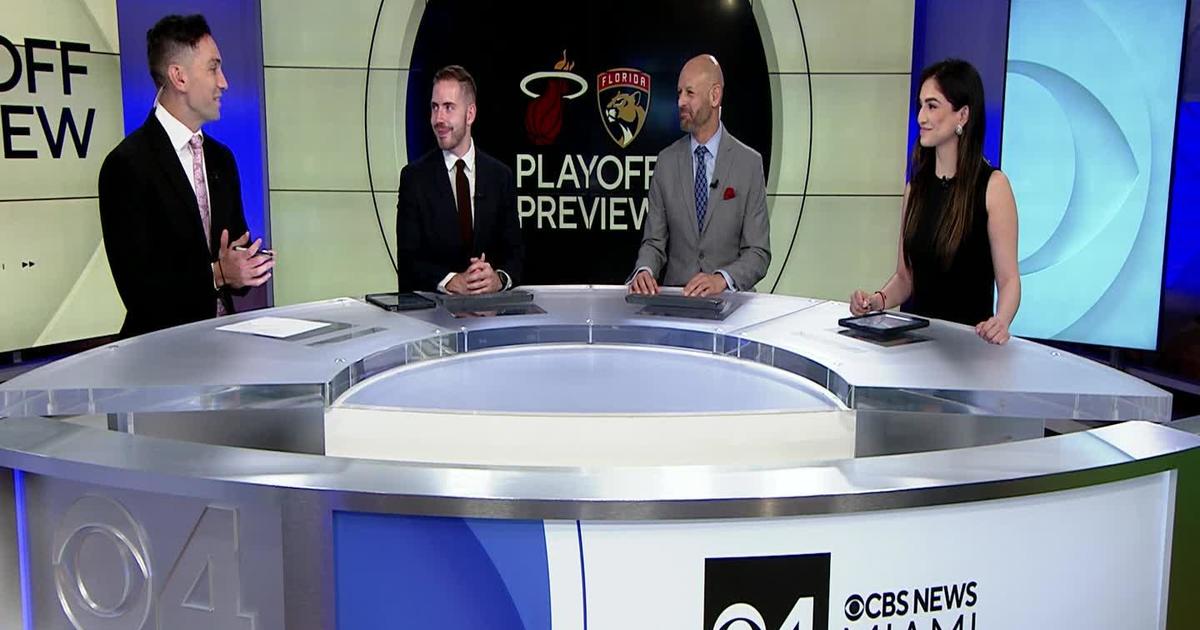Lawmakers Weigh Incentives, Tax Cuts
TALLAHASSEE (CBSMiami/NSF) - Gov. Rick Scott wants $250 million to attract companies to Florida and hopes to convince lawmakers to support a series of business-friendly tax cuts that would permanently remove more than $1 billion from state revenue.
With the 60-day legislative session ready to start next week, the tax cuts may be reached --- but not exactly how Scott would like.
Meanwhile, Scott continues to line up support from local leaders, economic-development groups and lawmakers --- mostly House Republicans --- to bolster his case that money for economic incentives should be dramatically increased. But not everyone in the Republican-dominated Legislature agrees, which is why Scott is also dangling several ways to reform the incentives process.
Among the critics of the incentives request is the conservative-advocacy group Americans for Prosperity-Florida, which calls it "corporate welfare handouts." Democrats contend the state should consider other uses for the money, such as increasing funding for education and health care.
Senate leaders also clashed last year with Scott about economic incentives. Senate President Andy Gardiner, R-Orlando, said Scott has "done a good job of starting the debate" about revamping the incentives process, but the dollar request needs more review.
Incentives and tax cuts will be two heavily scrutinized issues during the legislative session that starts Jan. 12 and is scheduled to end March 11. Lawmakers enter the session with a budget surplus, but incentives and tax cuts will be part of the debate about how to carve up state money.
House Speaker Steve Crisafulli, R-Merritt Island, said lawmakers might be able to meet the $1 billion tax-cut request, but the governor shouldn't expect it to be fully in line with his proposal.
Also, while Scott's office contends Florida can afford the tax cuts, state economists haven't been as optimistic about the potential impact of such cuts on future revenue.
The concern is how much would come from permanent or "recurring" cuts that would impact future budgets.
Crisafulli said a desire to increase funding for public schools and universities will require long-term commitments that could be affected by reducing tax revenues.
"The recurring focus is something that we're looking at, but we also recognize we also have other obligations that we have to fund, and those take recurring dollars as well," Crisafulli said.
State economists have projected that about two-thirds of an estimated $635.4 million surplus for the upcoming 2016-2017 budget year will come from one-time, non-recurring money. They have also predicted that the surplus will drop to $583.7 million the following year and $222.2 million the year after that, due in part to the continuing cost of recent tax cuts supported by Scott and Republican lawmakers.
Scott has asked lawmakers to permanently eliminate income taxes on manufacturing and retail businesses, cut off a tax on manufacturing machinery that is set to return in 2017 and reduce a tax on commercial rent. Combined, that would eliminate $1.18 billion in future recurring revenue.
Scott has also proposed extending a sales-tax exemption on college textbooks and holding separate sales tax "holidays" on hurricane and back-to-school items, which combined would provide a one-time $118.8 million hit.
Critics point, in part, to the bulk of the tax cuts going to businesses. House Minority Leader Mark Pafford said any money considered surplus should first be used for the needs of Floridians, such as people on waiting lists for services.
"It's an easy argument to make that the governor is basically handing cash away to his big corporate buddies and he's literally stomping people into the ground who need it the most," Pafford, D-West Palm Beach, said. "If you're in the tea party and concerned about responsibility, the governor is not offering that."
Supporters argue that past tax cuts have helped the state's economy grow.
"We're in a real economic sweet spot: We keep cutting taxes, and the economy keeps growing," House Finance & Tax Chairman Matt Gaetz said after Scott appeared before Gaetz's committee last month. "If we can continue to do that, we'll have the resources to care for the vulnerable, to keep cutting taxes and to be the best state in the country to raise a family, to have a job and achieve the highest level of one's opportunity."
Scott has said his proposal is "100 percent tied to jobs."
Cynthia Kelly, director of Scott's Office of Policy & Budget, has said money is available for the cuts, writing in support of the governor's request that "a more appropriate 'surplus' " is $1.6 billion. Kelly's projection is based on the state being on track to bring in a record $29.8 billion in general revenue next year, including $1.3 billion in "new" revenue.
The incentives package might be a heavier lift than cutting taxes, which is why Scott's funding request was accompanied by a series of changes to how incentives are approved and how the money is handled.
Scott wants the House speaker and Senate president to be able to sign off on economic-development deals that top $1 million, instead of waiting for the Joint Legislative Budget Commission's approval, as is now required. Scott also has asked lawmakers to create a trust fund that would keep designated incentive money in the state treasury until companies reach job-creation goals.
Currently, money the state promises to businesses relocating to Florida or expanding in the state is placed into low-yield commercial escrow accounts. Payouts are made when promised new jobs and economic-development performance measures are met.
About $141 million is being held in escrow accounts, which has drawn questions from senators.
Gardiner has advised the governor's office that he's in support of changing the way the money for incentives is handled and said the economic-development agency Enterprise Florida needs to expand the industries targeted for relocation. But Gardiner said the overall funding request --- a year ago Scott asked for $85 million and got $43 million --- "remains to be seen."
"I believe the argument that is going be put forth is that … when you create the jobs you lower the taxes, you expand the growth pattern of the state of Florida, and you have more revenue coming in," Gardiner said. "We believe in that too, but we want to see how that all works. And we just want to make sure that when we leave here, we're comfortable in the direction we're going."
The News Service of Florida's Jim Turner contributed to this report.



